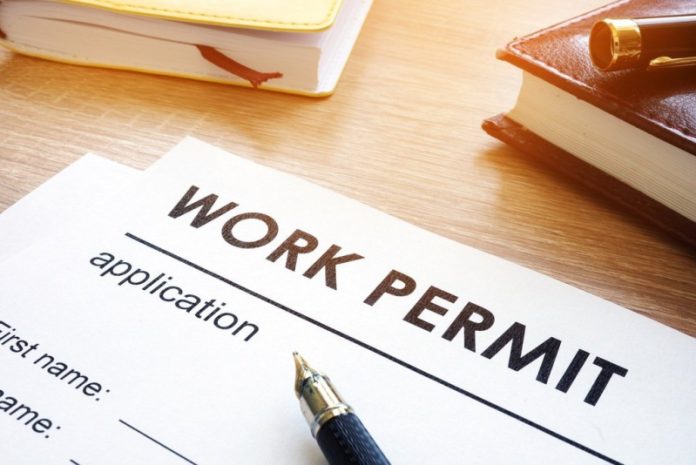South Korea’s ministry of labour and employment announced that it is issuing an additional 12,900 E-9 visas for non-skilled foreign workers.
The latest move is to address the deepening labour shortage incurred by the country’s demographic collapse.
The newly issued visas will be distributed across sectors in need accordingly which are 5,000 in manufacturing, 4,000 in agriculture and 2,500 in the services sector, as outlined in the announcement.
Depending on industry demand, the ministry said it plans to add another 7,000 visas on an as-needed basis.
The issuance comes in addition to the regular quarterly application cycles, indicating a relentless surge in demand across various industries.
Over 43,000 E-9 foreign workers have already entered Korea in the fourth quarter of 2023 alone, marking an increase of nearly 10,000 from the same period last year, according to a September government estimate.
Businesses can apply for this expanded quota from November 20-30 either at regional job centres or through the official Employment Permit System website at eps.go.kr, with results expected in December.
As it grapples with the world’s lowest birth rate and a rapidly aging population, South Korea has seen a sharp increase in the number of foreign workers entering the country in recent years.
From January to July this year, approximately 63,000 foreign nationals entered South Korea on E-9 visas, well on track to surpass last year’s total of 88,012 and marking a substantial increase from 2019’s 51,365.
Foreign workers have become an essential part of South Korea’s manufacturing and agricultural sectors, fulfilling roles often shunned by the country’s rapidly shrinking domestic workforce.
In response, the government has taken policy measures to expand the foreign labor pool, increasing annual quotas and lifting hiring regulations.
Earlier in August, the Labor Ministry proposed plans to double the limit on foreign workers permitted at a single workplace and expanded the range of industries eligible to hire foreign staff, adding logistics companies and airport subcontractors to the list. – The Korea Herald























